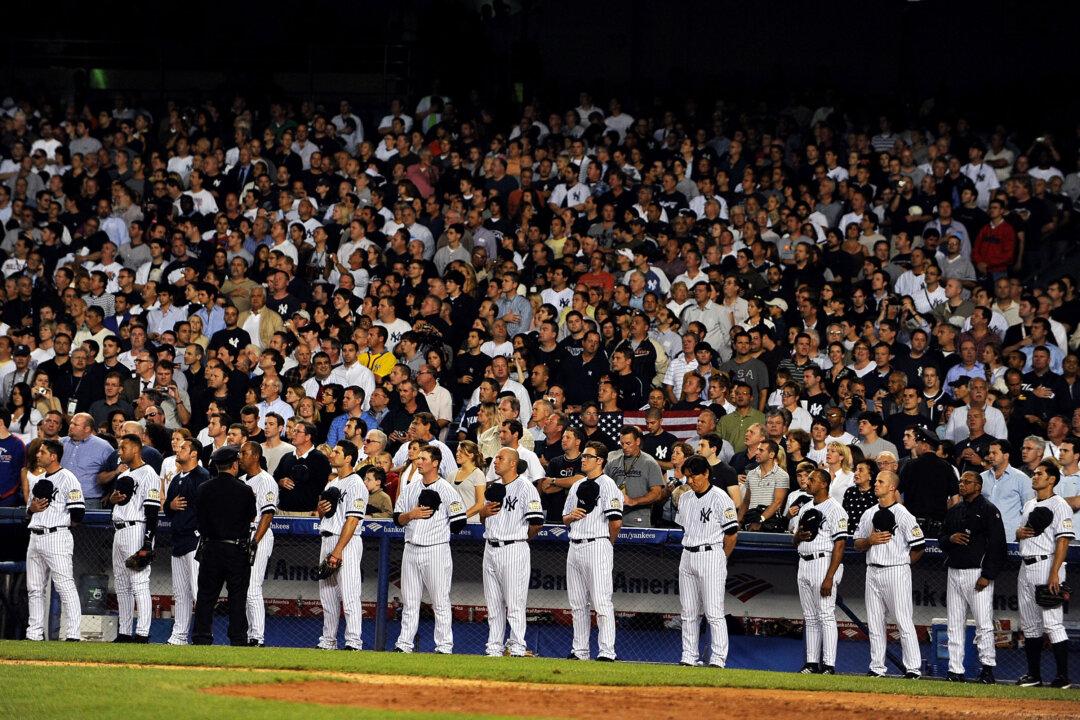Commentary
So, the New York Yankees and the Philadelphia Flyers have decided to end their decades-long tradition of playing the late Kate Smith’s (1907–1986) version of the song “God Bless America” at their games.


So, the New York Yankees and the Philadelphia Flyers have decided to end their decades-long tradition of playing the late Kate Smith’s (1907–1986) version of the song “God Bless America” at their games.